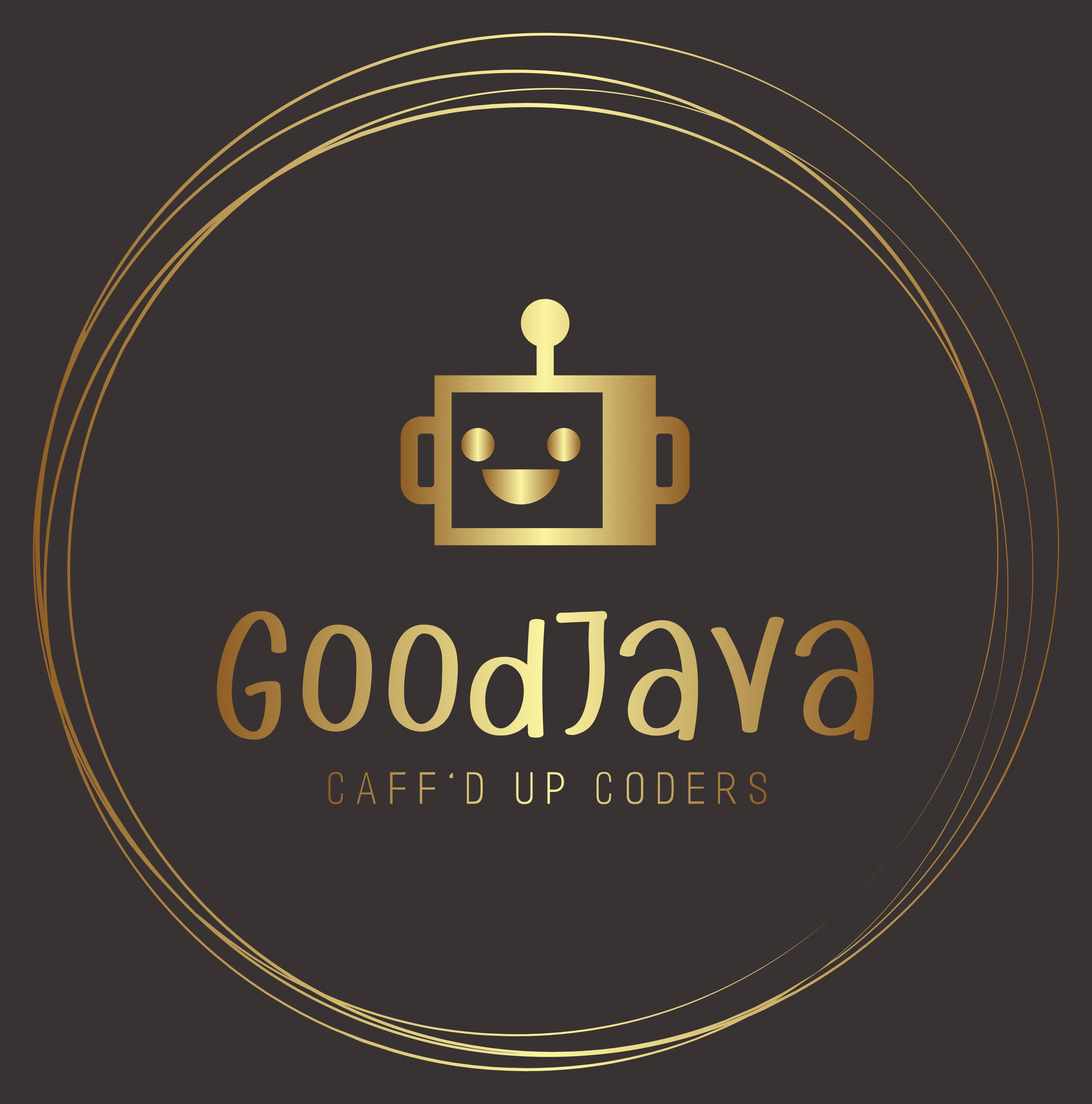Rise of the Machines
Rise of the Machines
Navigating a Career in CS Amidst the AI Boom

Recently, a computer science (CS) student approached me with concerns about his chosen field. He questioned whether Artificial Intelligence (AI), specifically tools like ChatGPT, would become competitors for programming jobs, and whether a CS degree is even worth pursuing today. These questions highlight a growing anxiety around campuses and the software industry - will such technology “steal our jobs”? Is AI a friend, or a foe?

Defining AI in the Context of The Conversation
AI, particularly Generative AI tools using Large Language Models (LLM) such as ChatGPT, has very quickly cemented its place as a powerful tool in the developer’s toolkit, aiding in code development and enhancing productivity. However, it is critical to distinguish “AI as a tool” from the foundational knowledge required in computer science. AI does not replace the need for a deep understanding of programming principles; it serves to expedite and streamline the development process.
AI is a Tool, Not a Person
Describing AI as “job competition” is a misnomer. Today’s AI, devoid of consciousness and decision-making abilities, is more accurately described as a tool or a personal assistant. It responds efficiently to requests, but lacks the ability to understand the bigger picture or make strategic decisions.
To draw an analogy, imagine building a house. Before you can effectively use tools like hammers and saws, you need a good understanding of construction and architecture. Similarly, in software development, mastering the foundational skills is critical before you can truly leverage AI tools to their full potential. I remember spending countless hours researching technologies, frameworks, and APIs to grasp how they worked. Nowadays, I can ask ChatGPT to conduct this research, providing me with concise and accurate information in a fraction of the time. This doesn’t diminish the value of my skills - I still need to understand what the tool is telling me; rather, it amplifies my productivity and efficiency.
The Temptation of Shortcuts
With the advent of advanced AI tools, students may be tempted to use these tools to complete assignments, seeking a shortcut to a good grade. However, this approach is counterproductive and jeopardizes their future success. By bypassing the learning process, students rob themselves of the opportunity to develop a deep understanding of their craft, a shortcoming that future employers will quickly recognize. If your goal in college is to get a passing grade, then you might be doing it wrong. College is a time for preparation and skill-building, not just for earning grades. The knowledge and expertise cultivated during this time are invaluable assets in a world increasingly intertwined with AI.
When using AI for your work - be it school or professional - it’s critical to use caution, and take everything the tool tells you with a grain of salt. While useful, these tools are not perfect nor infallible - their code output is often riddled with mistakes, or is presented for a different programming language or context. In these situations, I am still able to use the information I am given, but I must first recognize and correct any issues it presents. Without a foundational understanding of my craft, I could only make blind guesses as to why the AI’s answer isn’t working for me.

The Evolution of Productivity in Software Engineering
Software engineering has undergone a radical transformation over the past 50 years, with today’s engineers being exponentially more productive than their predecessors. This trend is set to continue, with AI playing a central role in enhancing productivity. Just as tools like integrated development environments (IDEs), unit tests and version control systems have revolutionized our workflow today, AI is the next frontier in this evolution.

Mastering the Craft in the Age of AI
To the computer science students and emerging professionals, my message is clear: Focus on mastering your craft. AI is a tool created by humanity, lacking sentience and creativity. The proficiency and expertise you develop will empower you to effectively utilize these tools, unlocking unparalleled potential for innovation and efficiency. By embracing AI as an opportunity for growth and empowerment, and by resisting the temptation to take shortcuts, you are securing your place in the industry and setting the stage for a future of productivity and innovation. Humanity invented AI; AI did not invent itself. Invest in your education, hone your skills, and prepare to wield the tools of the future with confidence and mastery.
Full Disclosure
I used a LLM tool to help write this blog post, but the tool did not write the post for me. I knew what I wanted to convey, so I described to the tool in detail what it was that I wanted to say. The tool helped me to articulate it clearly for the reader to understand, as well as to proofread it for spelling and grammatical errors. I still spent a lot of time reviewing and rewriting portions of the essay until it was just right (or close enough). In the past, I would have spent countless hours with my nose in a thesaurus, looking for just the right word or phrase to convey what I wanted to say. Instead, I’ve spent roughly an hour on this (plus a little time to come up with some high quality memes), and now I can spend the rest of my day on something else!
Resources
GoodJava blog, located at goodjava.org/blog, and the GoodJava website, located at goodjava.org.
Facebook: facebook.com/GoodJava
Instagram: @goodjavainc
LinkedIn: linkedin.com/company/goodjava-inc.
For any emails and inquiries, please contact info@goodjava.org.




